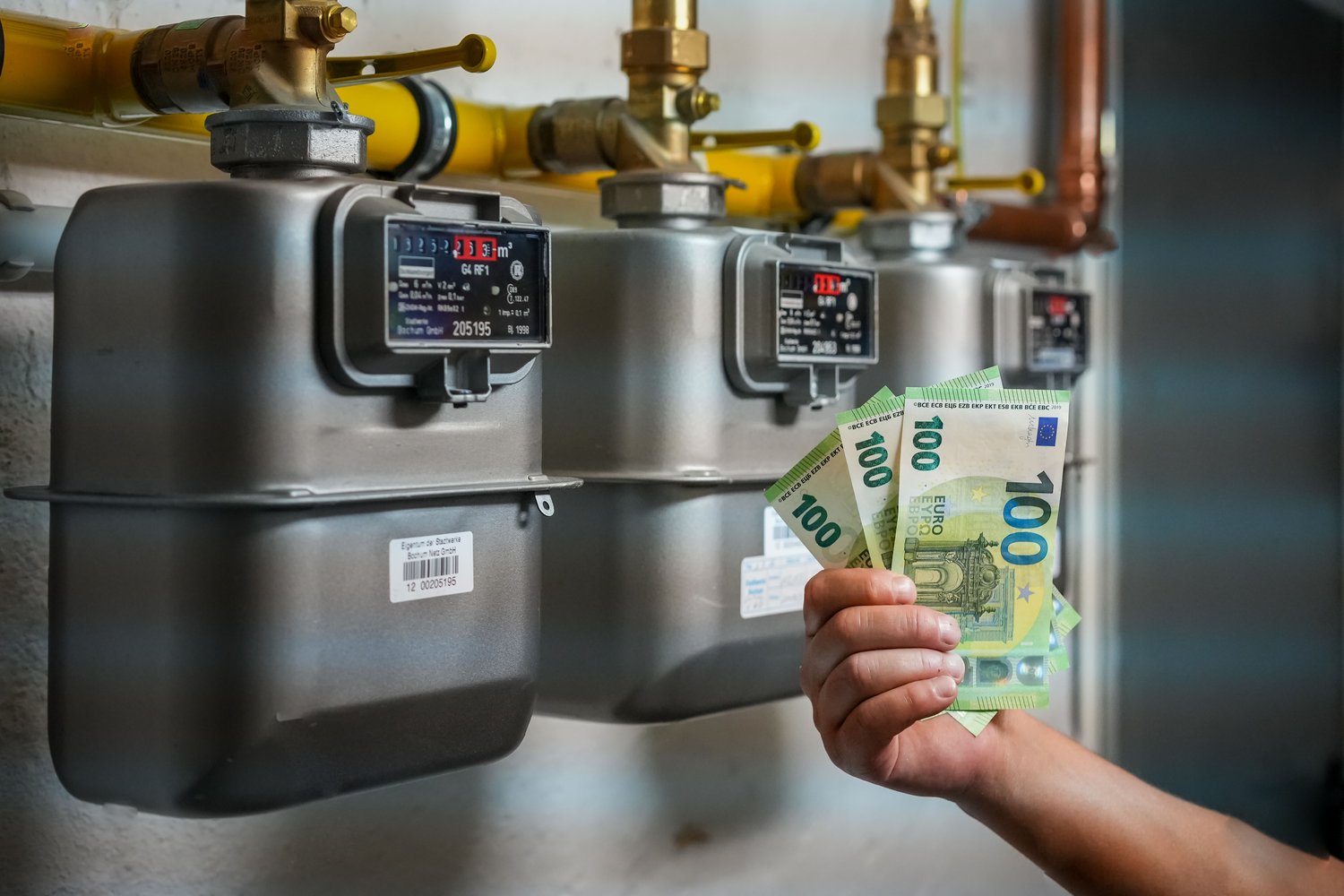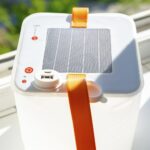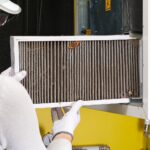Struggling with lukewarm showers or a stubborn electric water heater that just won’t cooperate? You’re not alone. Understanding the quirks of electric water heaters can be the key to maintaining a comfortable home and avoiding unexpected cold showers. Armed with the right knowledge, you can transform common heater headaches into manageable tasks. Dive into this guide for a clear path to effective troubleshooting and ensure your water heater remains in peak condition.
- Address typical issues such as heating inefficiencies and electrical failures, gaining an understanding of the root causes of these common problems.
- Learn to identify the tell-tale signs of water heater issues, like temperature fluctuations and unusual noises, before they escalate into major concerns.
- Equip yourself with practical, DIY solutions to resolve these problems efficiently and prolong the life of your water heater.
The insights you’ll gain from this guide not only help you tackle immediate issues but also pave the way for reduced maintenance costs and prolonged appliance life. Share your challenges or success stories in managing electric water heaters and join a community centered on practical solutions and support.
Common Challenges When Troubleshooting Electric Water Heaters
Electric water heaters are essential appliances in many households, providing the necessary hot water for daily activities. However, they are not without their challenges. One of the typical problems faced by homeowners is heating inefficiencies, which can manifest as water not reaching the desired temperature or heating up too slowly. This issue is often due to sediment buildup in the tank or a malfunctioning heating element.
Another common challenge is electrical failures. Faulty circuits, tripped breakers, or blown fuses can lead to the heater not working at all. Issues with the thermostat can also cause the heater to malfunction, as it may not accurately sense water temperature. Regular maintenance and understanding these typical issues can help in mitigating extensive repairs and prolong the lifespan of the heater.
Identifying Symptoms of Common Water Heater Issues
Recognizing the symptoms of electric water heater problems is critical in troubleshooting effectively. Fluctuations in water temperature are a clear indicator that something is amiss. If hot water turns cold abruptly or doesn’t stay hot for long, it might be time to check the heating elements or thermostat settings.
Unusual noises emanating from the water heater are also signs of underlying issues. Rumbling or popping sounds often point to sediment buildup at the bottom of the tank, which can cause inefficiencies and potential damage.
If there’s water pooling around the base of the heater, it might indicate a leak. Addressing leaks promptly can prevent further damage to the appliance and the surrounding area. Keeping an eye out for these symptoms can save time and money in the long run.
Effective Solutions for Troubleshooting Electric Water Heaters
Electric water heaters play a crucial role in providing hot water for various household needs. However, when issues arise, it can disrupt daily activities and become a cause for concern. Understanding effective solutions and implementing the right DIY fixes can significantly enhance the performance and longevity of your electric water heater.
One of the first steps in troubleshooting electric water heaters involves checking the thermostat settings and electrical connections. Ensure that the thermostat is set to the desired temperature, typically between 120-140 degrees Fahrenheit. If there are no visible issues, inspect the electrical cables for any signs of wear and tear or loose connections, which can lead to power failures or inefficient heating.
Regular cleaning is essential to prevent sediment buildup, which can hinder heating efficiency. Flushing the tank annually can remove these deposits and improve water heater functionality. Turn off the power supply, attach a hose to the drain valve, and safely discharge the accumulated sediment.
If you notice persistent fluctuations in water temperature, examine the heating elements. Over time, these components can become faulty and may require replacement. To do this, ensure the power is disconnected, remove the access panel, and replace the defective elements with compatible parts available at your local hardware store.
Another common solution for electric water heater troubleshooting involves resetting the system. Locate the reset button on the thermostat and press it. This can often resolve minor, temporary glitches affecting water temperature and overall performance.
For issues like unusual noises or insufficient hot water supply, consider contacting a professional plumber or electrician for a thorough inspection and repair. While DIY solutions are effective for many problems, certain issues may require expert intervention to avoid further damage.
By addressing these solutions, you can ensure your electric water heater operates efficiently and minimizes the need for costly repairs. Regular maintenance and prompt action during troubleshooting can extend the lifespan of your appliance, keeping your household running smoothly.
Troubleshooting Electric Water Heaters FAQs
What causes an electric water heater to stop heating?
Common causes include a faulty heating element, a broken thermostat, or an electrical issue.
How can I tell if the heating element is bad?
Check for no hot water or constantly flipping breakers, which may indicate a faulty element.
Why is my water heater making strange noises?
Unusual noises can be due to sediment build-up inside the tank, causing popping or rumbling sounds.
How often should I perform maintenance on my electric water heater?
Ideally, perform maintenance annually to ensure efficiency, including checking elements and flushing the tank.
Can I troubleshoot a water heater myself?
Yes, basic issues can often be resolved DIY by checking the thermostat, element, or circuit breaker, but consult a professional for complex problems.





